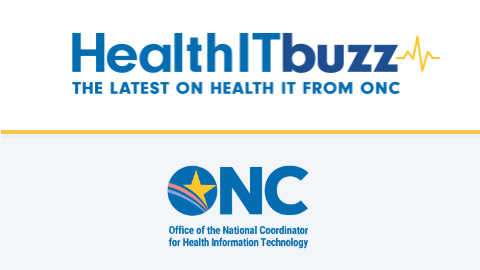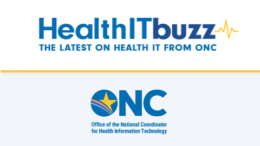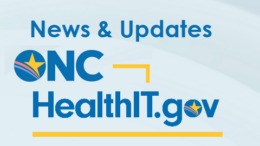Checking In on Hospital EHR APIs
By Catherine Strawley & Wes Barker – Thanks to a decade of effort, nearly every U.S. hospital today stores health data electronically. To put that data to work, however, clinicians and patients need to be able to access and appropriately share that data.
Read More



